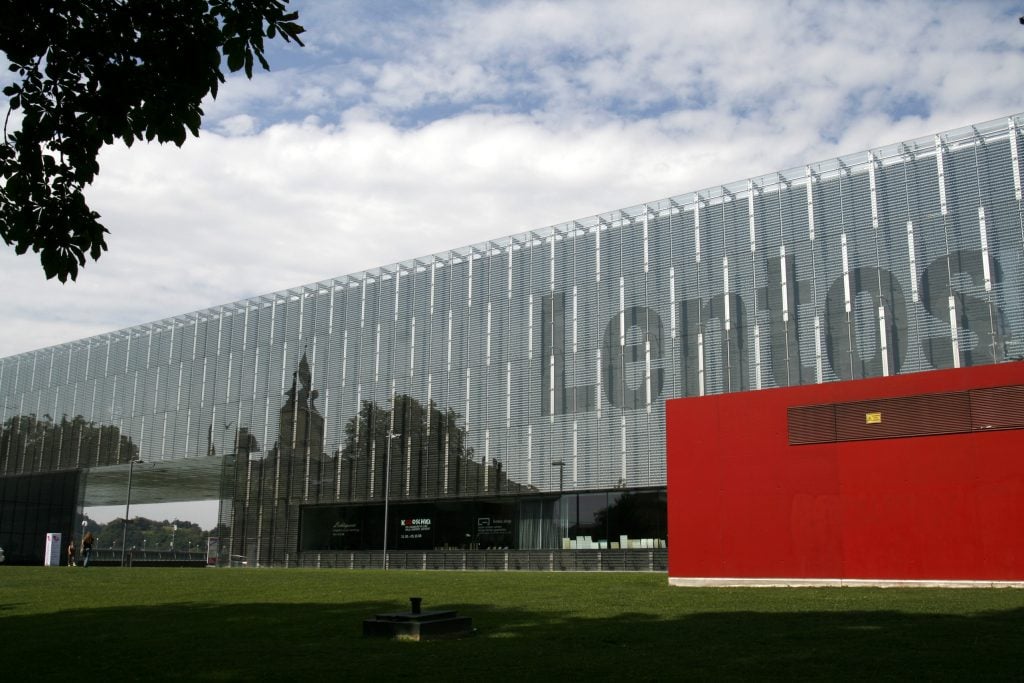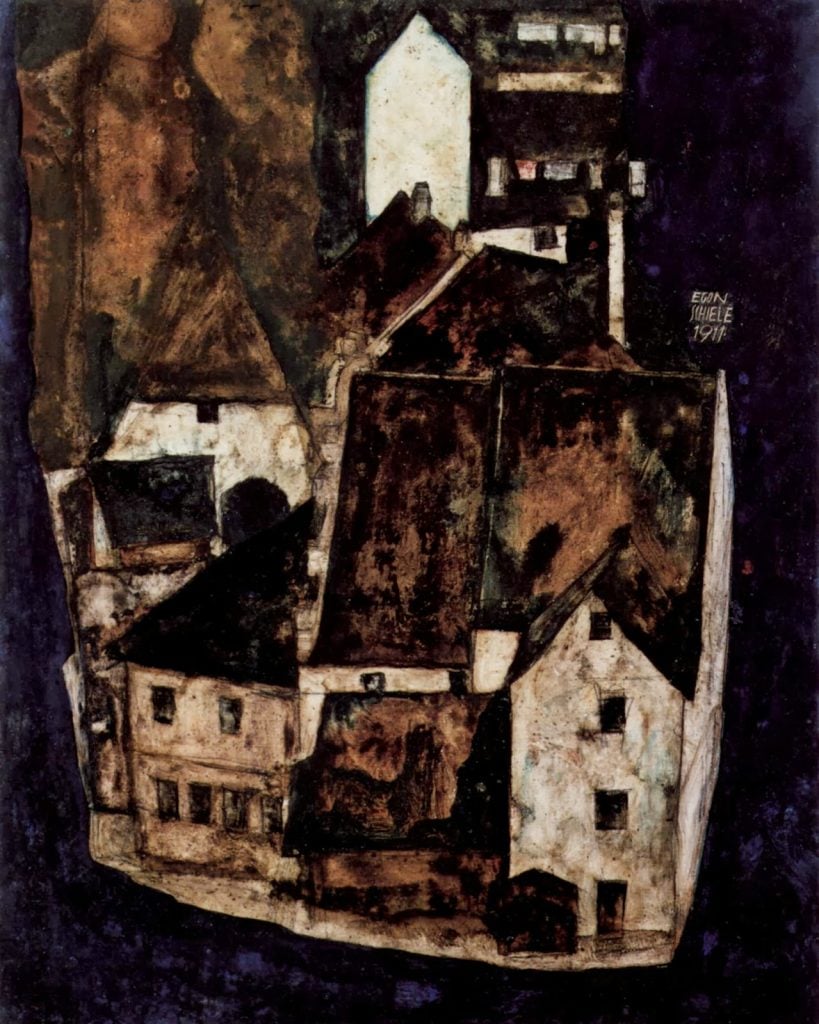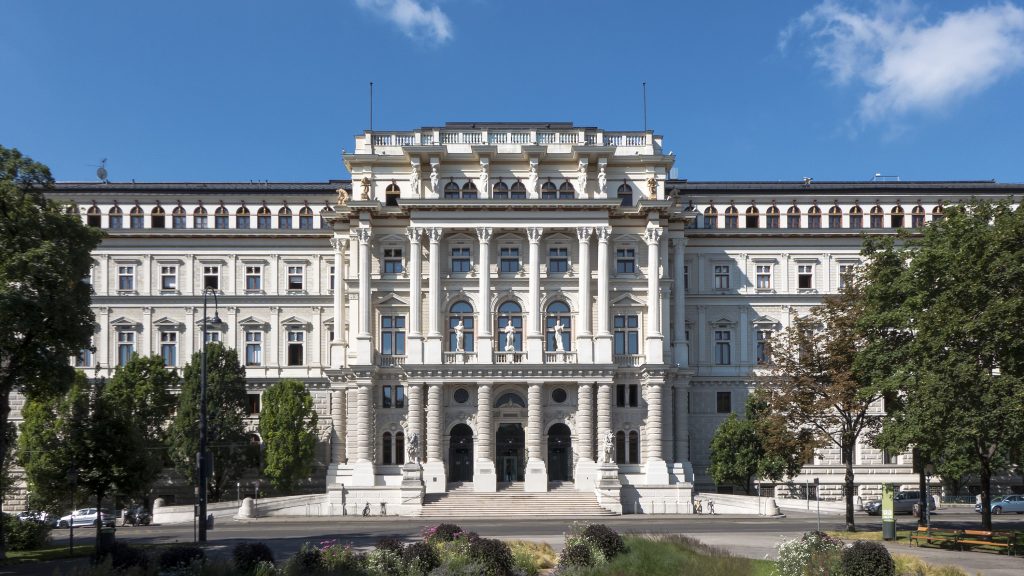Law & Politics
Austrian City Must Pay $9 Million Compensation Over Lost Schiele and Klimt Works
When the heirs wanted the works back, they couldn't be found.

When the heirs wanted the works back, they couldn't be found.

Henri Neuendorf

The Austrian Supreme Court has ordered the city of Linz to pay €8.24 million ($8.96 million) plus 4 percent interest to the heirs of a local collector for losing a Gustav Klimt drawing and three pictures by Egon Schiele.
In a last-ditch attempt to evade the hefty compensation payment, the city filed an appeal in March at the highest judicial authority in Austria. However, the Supreme Court on Wednesday upheld the ruling made by the Linz Regional Court in October 2015.
The long-running legal dispute stretches back to 2006, when the heirs of the artist and collector Olga Jäger asked the Lentos Kunstmuseum to return the works their grandmother consigned on long-term loan in 1951. When the museum was unable to find the artworks, the heirs took the public institution and the city to court to seek compensation.

A work from Egon Schiele’s “Tote Stadt” series, similar to this one, Dead City III, is among the missing artworks. Collection of the Leopold Wien.
According to Der Standard, the descendants took the institution to court in 2009 over the disappearance of only the Schiele drawing, Paar. Two years later, the Supreme Court granted them €100,000 ($108,700) in compensation for the disappearance.
In a second lawsuit, the heirs also sought compensation for the Klimt drawing Zwei Legende, the Schiele watercolor Junger Mann, and the Schiele oil painting Tote Stadt. The Linz Regional Court ruled that the city must pay €8.24 million ($8.96 million) to the heirs for losing the artworks.

The Palace of Justice in Vienna. Photo by Gugerell, Creative Commons CC0 1.0 Universal Public Domain Dedication.
Despite losing the latest appeal, the museum isn’t giving up the fight just yet. The vice director claims to have found a letter, purportedly written by the claimants’ mother, terminating the loan in 1990. If true, the deadline for a legal challenge—which was filed 16 years later—would have expired, nullifying the Supreme Court’s verdict.
A regional court has permitted a reassessment of the limitation period, prompting a preliminary investigation.
In an ironic twist, the museum is currently showing “The Collection: Classic Works, Discoveries and New Positions,” a show featuring works from its holdings, including unexpected additions from the curators.